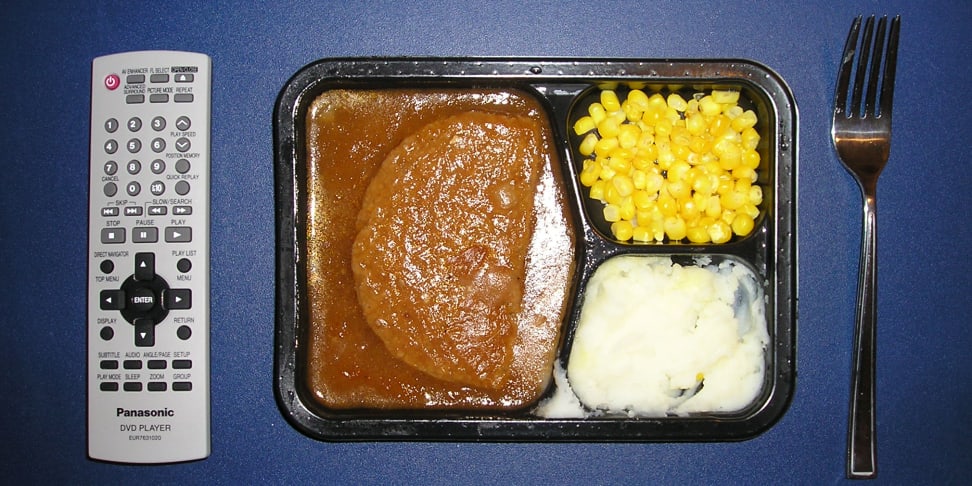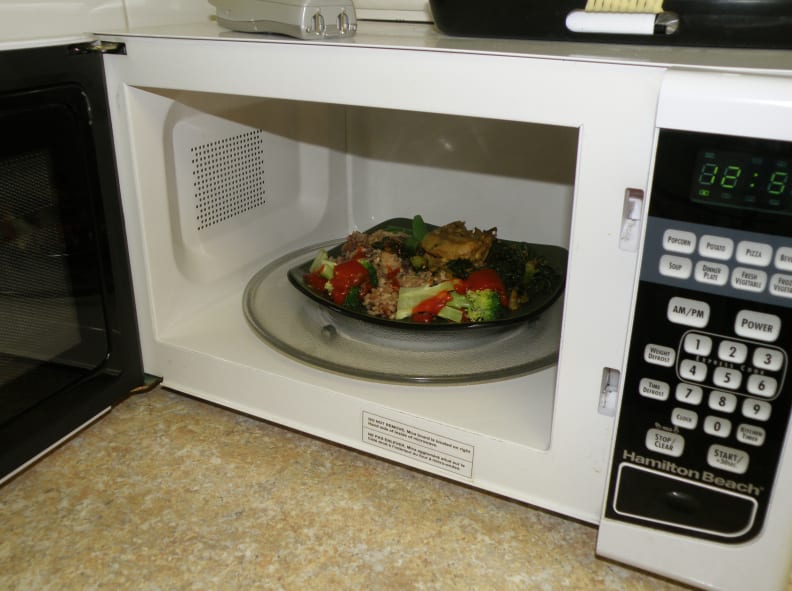 Credit:
Flickr user "atomicbrain"
Credit:
Flickr user "atomicbrain"
Recommendations are independently chosen by Reviewed's editors. Purchases made through the links below may earn us and our publishing partners a commission.
Plastic is all about convenience. It's cheap, readily available, and endlessly flexible. It keeps our electronics lightweight, protects our food, and makes virtually everything more affordable. But does that convenience come at a cost to our health?
Recent studies suggest the answer is yes, and that you may want to think carefully before you throw plastic-wrapped food or tupperware into the microwave or dishwasher. Why? Because lots of plastics contain potentially dangerous phthalates, and heating the plastic can increase the likelihood that these chemicals will seep into food.

Microwaving plastic may increase the likelihood of harmful phthalates leaching into your food.
While the National Institutes of Health says that “the human health effects of phthalates are not yet fully known,” there are numerous indications that they have a net negative impact. Studies have linked phthalates to preterm birth, neurobehavioral problems, high blood pressure, and increased insulin resistance (a characteristic of diabetes). The National Toxicology Program listed a phthalate as “reasonably anticipated to be a human carcinogen.”
All this is particularly concerning because the CDC has stated that phthalate exposure is prevalent in the United States.
{{amazon name="Popit! Glass 6+6 set (12 piece airtight borosilicate glass set, Oven and Microwave safe without lids)", asin="B00TQQN30I", align="right"}} But do you have to retire your use of plastic altogether? Leonardo Trasande, the lead author of a study that found connections between phthalates and insulin resistance, isn’t prepared to suggest such a drastic step. However, he does have some ideas for those who’d like to take some precautions to reduce their phthalate exposure—ideas that don’t require a total ban on plastic use.
Trasande recommends throwing out any scratched plastic containers that may have a compromised protective coating. He also advises consumers stay away from containers with recycling numbers 3, 6, and 7, which indicate the presence of potentially harmful chemicals. And, yes, he suggests keeping your plastic wrap and tupperware out of the microwave or dishwasher.
Using a ceramic plate might be a tad less convenient, but it’s a small price to pay for your long-term health.
Related Video
{{brightcove '2589528781001'}}

